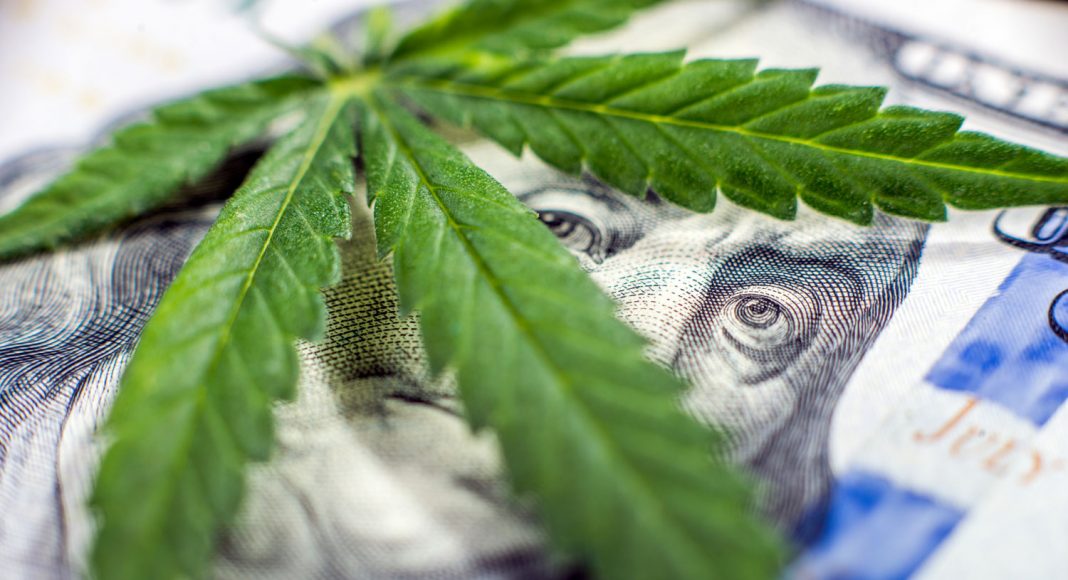It’s little secret that despite the legalization of recreational marijuana in various states, a black market still thrives underneath the surface. Even in Canada this seems to be the case. Legalization does not automatically equate the erasure of a decades-long underground operations, which should exactly be a surprise here.
But the reasons why black markets survive in legalized states each have a different explanation. In California, what drives consumers to black market marijuana is simple—it’s cheaper. Not only is cannabis more expensive per gram in legal markets, high taxes also adds to the cost. In some cases, you’re not buying a premium quality bud, either. Think about it: When presented the opportunity, why wouldn’t you buy weed that was both cheaper and better?
One California company wants to disrupt the California black market, though. Flower Co. which calls itself the “Costco of Cannabis,” aims to do so by excising the middle man and directly connecting growers to customers. To achieve that direct access, however, customers will need to buy an annual $119 subscription with Flower Co.
RELATED: You’ll Never Guess Which Country Smokes The Most Weed
As Tech Crunch reports, Flower Co. members save 40% in their weed purchase, which adds up when buying weight. Buying an ounce of the Forbidden Fruit strain will cost you $142 for a membership, but will run you $192 without one. The company’s goal is to persuade would-be black market consumers to go legit through their service. Accordoing to Flower Co. CEO Ted Lichtenberger, the regulated market is about a quarter of the size compared to the black market.
“We understand that we’re in the first inning of what’s probably a pretty long game, because this industry, as it goes federally legalized is going to have another massive transition moment just like it’s having right now as it’s getting legalized and regulated in California,” Lichtenberger told Tech Crunch. “So if we have a great understanding of our customers and stay focused on keeping them delighted, and then be nimble in the face of that change, then we can come out as the dominant player in the delivery market.”


